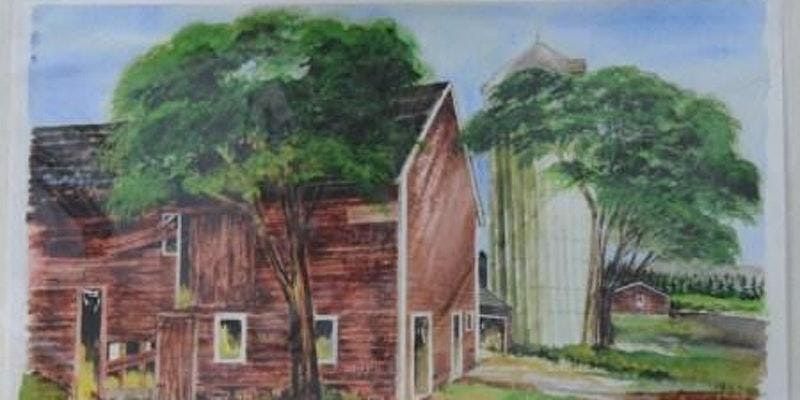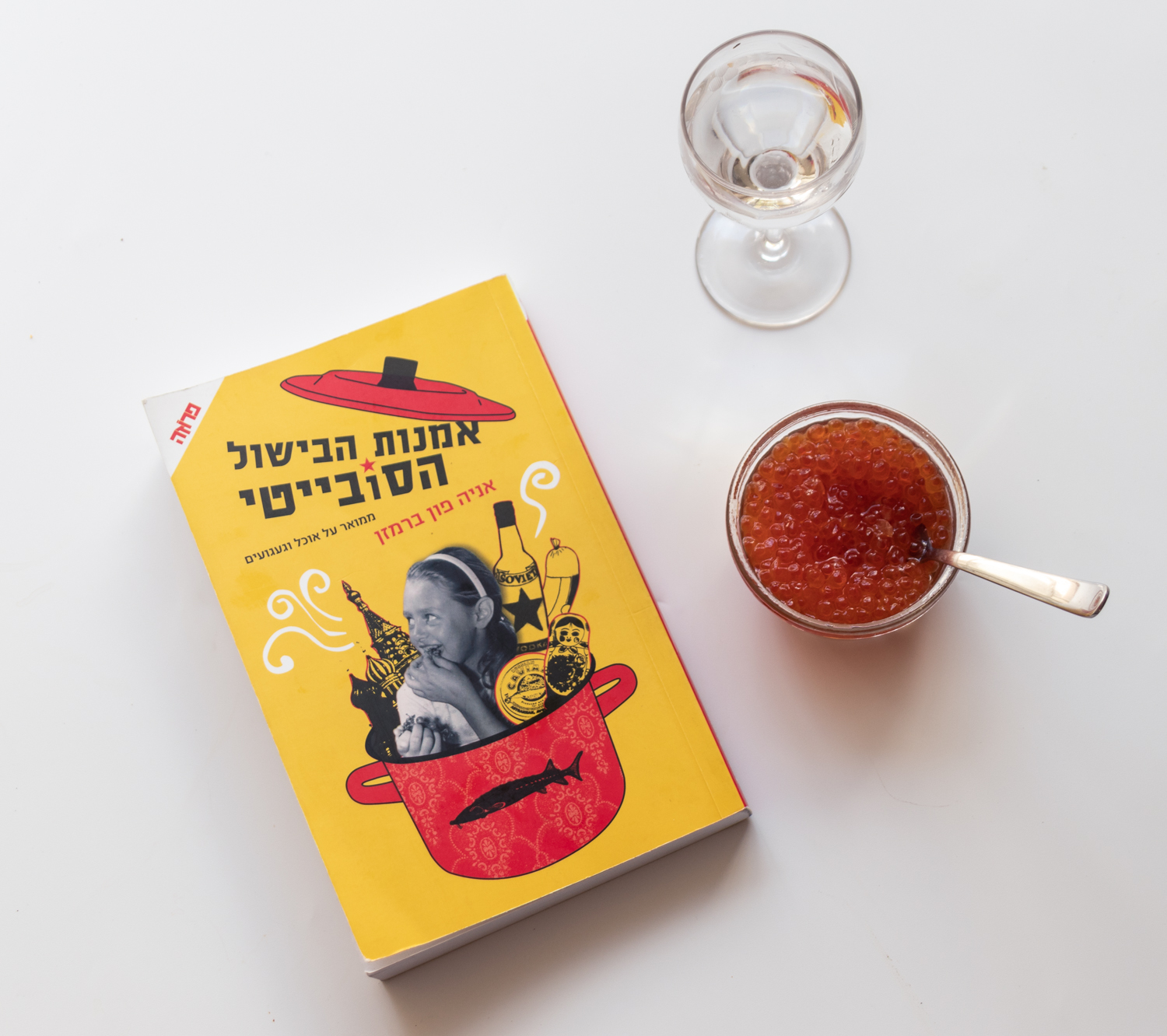


The fluctuating political winds of the Soviet state were harnessed in successive editions of the totalitarian culinary bible, The Book of Tasty and Healthy Food, where American and Jewish ingredients were unceremoniously deleted during the 1950s Cold War. Each decade is represented by foods that evoke emotional volumes: the fussy, decadent pre-Revolution aristocrat’s diet of burbot liver and viziga gave way to Lenin’s culinary austerity, exemplified by a spartan apple cake the labor-intensive gefilte fish made by the author’s Jewish grandmother in Odessa was deemed unpatriotic and was replaced by utilitarian kotleti (Russian hamburgers) and food shortages and the rationing of the 1940s prompted “sham” foods for the starvation diet. Here, she unlocks conflicted memories of her Soviet upbringing through reminiscences of certain dishes that became her very own “poisoned madeleines.” The period covered by the book begins with the fall of the czar in 1917 and ends with the triumphant return of the mother-and-daughter duo to “Putin’s mean petro-dollar capital” in 2011 in order to do their very own TV cooking show. Mastering the Art of Soviet Cooking is a book that stirs the soul as well as the senses.Author of several international cookbooks, Moscow-born von Bremzen immigrated to U.S. And all of this is bound together by Anya's sardonic wit, passionate nostalgia and piercing observations. Her narrative is embedded in a larger historical epic: Lenin's bloody grain requisitioning, World War II starvation, Stalin's table manners, Khrushchev's kitchen debates, Gorbachev's disastrous anti-alcohol policies and the ultimate collapse of the USSR. In this sweeping, tragicomic memoir, Anya recreates seven decades of the Soviet experience through cooking and food, and reconstructs a moving family history spanning three generations.

And yet, the flavour of Soviet kolbasa, like Proust's madeleine, transports her back to that vanished Atlantis known as the USSR.

These days, Anya is the doyenne of high-end food writing. In 1974, when Anya was ten, she and her mother fled to the USA, with no winter coats and no right of return. It was a life by turns absurd, drab, naively joyous, melancholy and, finally, intolerable. Born in a surreal Moscow communal apartment where eighteen families shared one kitchen, Anya von Bremzen grew up singing odes to Lenin, black-marketeering Juicy Fruit gum at school, and longing for a taste of the mythical West.


 0 kommentar(er)
0 kommentar(er)
